Martin Alperen literally wrote the book on Homeland Security (Foundations of Homeland Security: Law and Policy). He shares his expert insights in this CLE course.


Martin Alperen literally wrote the book on Homeland Security (Foundations of Homeland Security: Law and Policy). He shares his expert insights in this CLE course.
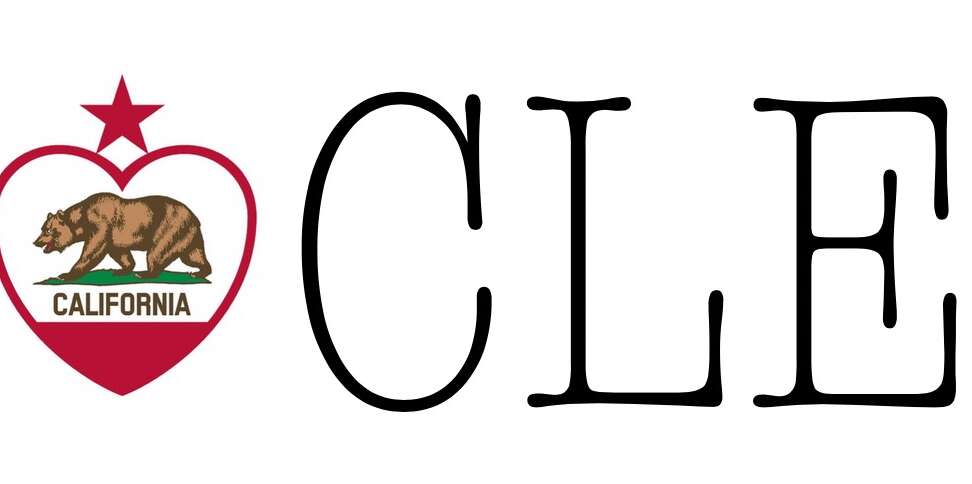
California attorneys can take all 25 required CA CLEs online – including the 12.5 required hours of participatory credit. For online CLE courses, “participatory” means that we monitor your participation – which we do with verification checks during the video.
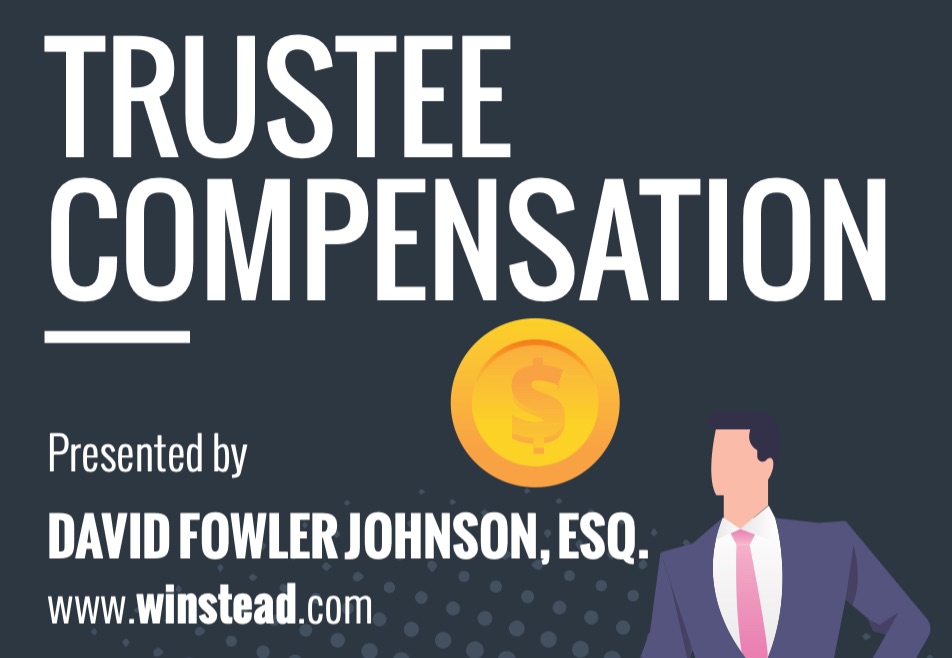
In his trial and appellate practice, David F. Johnson has litigated numerous disputes involving trustee compensation. From violating the self-interest rule to compensation issues with multiple trustees, there are endless pitfalls when it comes to determining the appropriate amount of compensation and upholding your duty of loyalty.
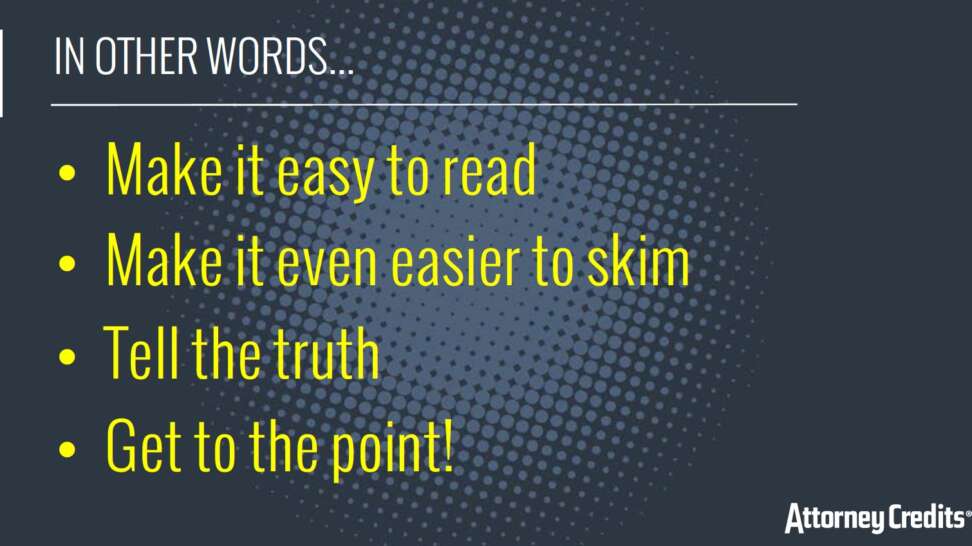
In this CLE, Randall Christison will teach you how to fine tune your legal writing by illustrating common legal writing mistakes, providing examples & exercises and concluding with tips for persuading judges.
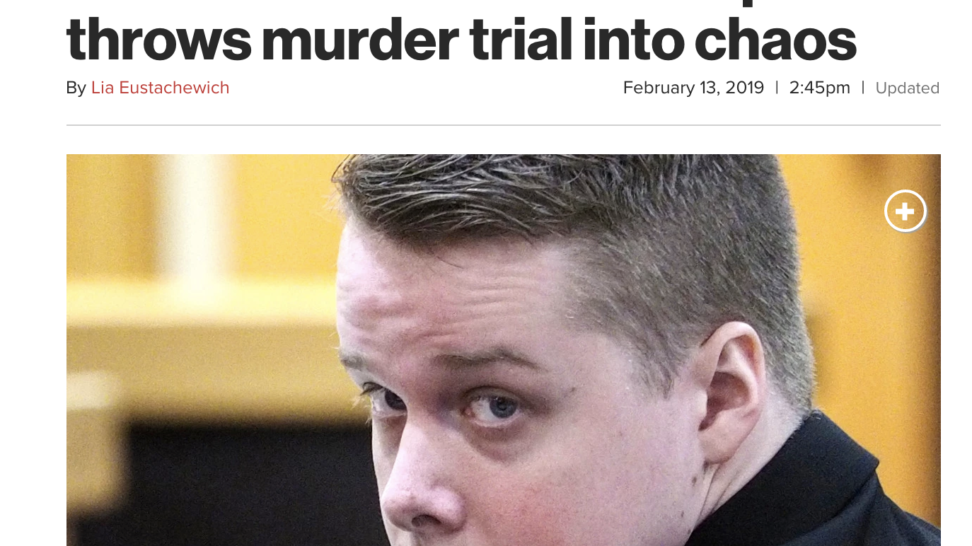
Social media has fundamentally changed our world – including how attorneys select juries. Today, with Facebook, Twitter, LinkedIn and the myriad of social networking websites that fill cyberspace, there is a treasure trove of information about most jurors in the venire – and it is readily available at the touch of your fingertips.
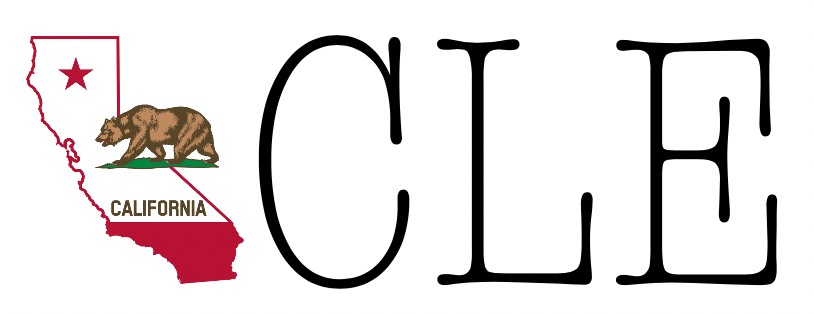
Currently, California attorneys with last names N-Z must complete 25 CA CLE hours by January 31, 2020… including 4 hours of legal ethics, 1 hour of elimination of bias and 1 hour of competence issues.
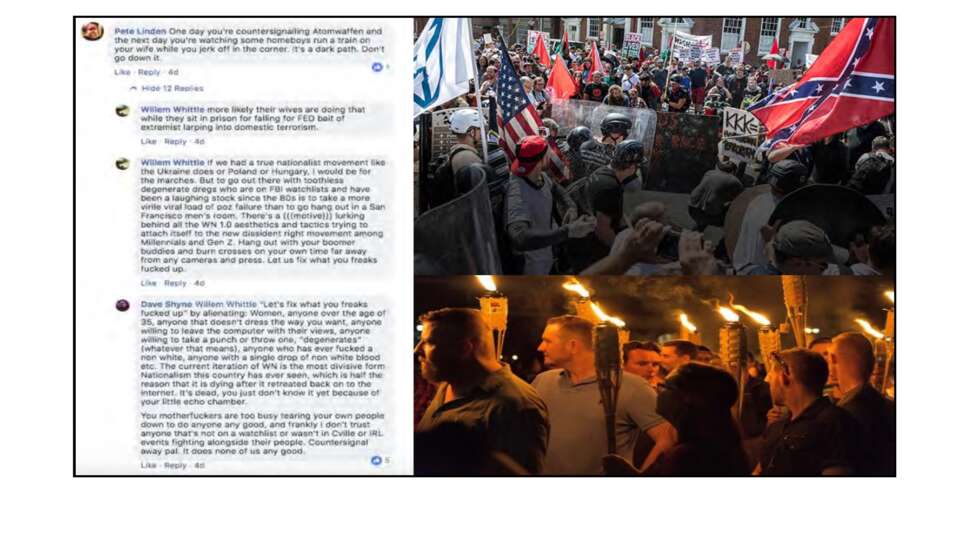
Trial attorney Mark Mermelstein provides you with best practices for getting vital social media evidence admitted at trial, authenticating the electronic evidence, proving its relevance and overcoming hearsay objections. After completing this highly informative & practical course you will understand the legal, practical and ethical implications of using electronic evidence obtained from social media networks and the Internet at trial.

Technology has softened the rigid formality of negotiating, forming, enforcing and signing contracts over the last 15 years. In this CLE course, attorney Aaron Cronan will explore some of the most important legal, practical and business implications of technology’s impact on forming a binding contract.
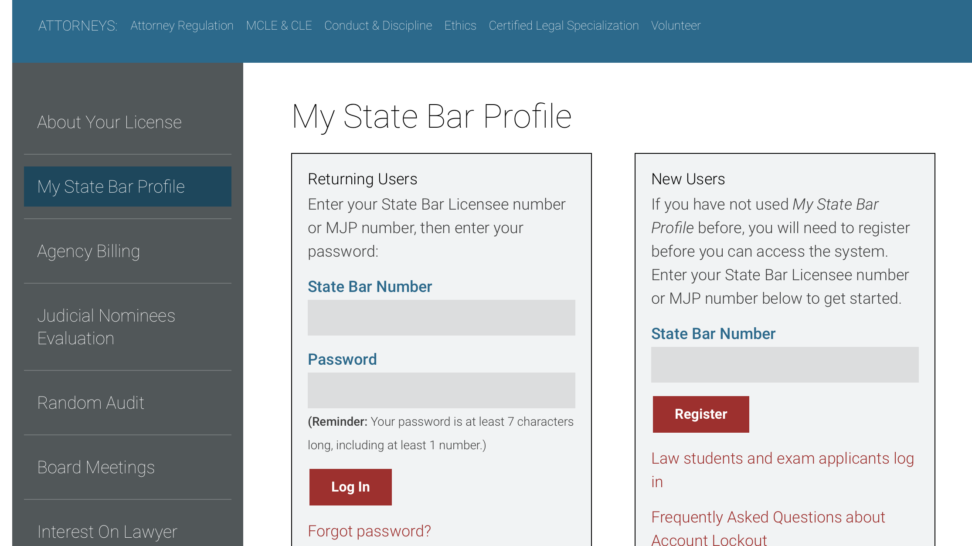
California attorneys may no longer submit a paper compliance card, attorneys must now report their compliance online through My State Bar Profile.
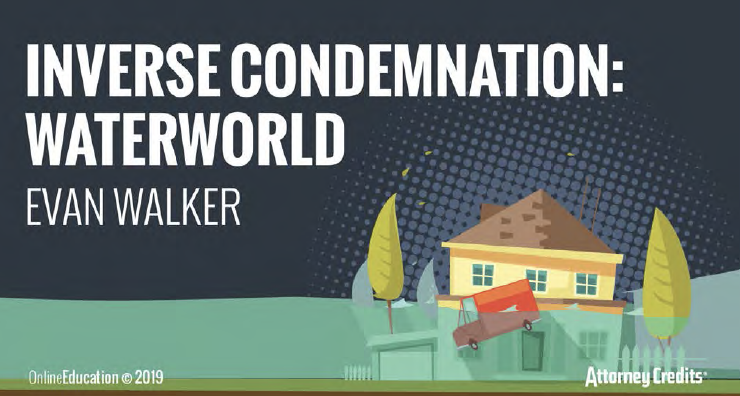
Inverse condemnation in California is a nebulous area of law that involves constitutional claims, tort law and public entity immunity. The case law is murky and in the wake of the recently decided City of Oroville, property owners now face a much tougher road in these cases. California Inverse Condemnation CLE Evan Walker handles inverse condemnation cases in California. In this CLE…